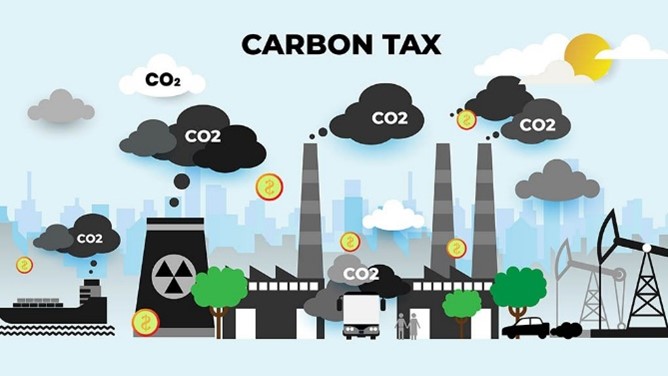Role of government incentives in fostering sustainable business finance

Role of government incentives in fostering sustainable business finance
by vivienne 05:55pm Dec 31, 2024

Government incentives play a crucial role in fostering sustainable business finance by encouraging businesses to adopt environmentally and socially responsible practices. These incentives can address market failures, reduce financial risks, and enhance the attractiveness of sustainable investments.

Here’s a closer look at how they contribute:
1. Reducing Financial Barriers
Subsidies and Grants: Governments often provide direct financial support for sustainable projects, such as renewable energy installations, energy efficiency upgrades, and waste reduction technologies.
Tax Incentives: Tax credits, deductions, and exemptions can lower the cost of adopting sustainable practices, making them more accessible to businesses.
Green Bonds and Guarantees: Governments may issue green bonds or provide guarantees to de-risk investments in sustainable projects.
2. Encouraging Innovation
Research and Development (R&D) Funding: By funding R&D, governments can foster innovation in sustainable technologies, such as advanced battery systems, clean energy, and circular economy practices.
Incubators and Accelerators: Support for startups and small businesses in the sustainability sector helps develop cutting-edge solutions.
3. Creating Market Demand
Public Procurement: Governments can prioritize sustainable products and services in their procurement processes, creating demand for green businesses.
-
Regulatory Frameworks: Policies such as carbon pricing, renewable energy targets, and environmental standards encourage private-sector alignment with sustainability goals.

4. Improving Access to Capital
Low-Interest Loans and Financing: Concessional financing options make sustainable projects more viable for businesses with limited resources.
Public-Private Partnerships (PPPs): Collaboration with private investors and institutions can leverage public funds to attract private capital into sustainable initiatives.
5. Promoting Awareness and Capacity Building
Education and Training: Initiatives to educate businesses on the benefits and methods of sustainable finance help drive adoption.
-
Information and Resources: Providing access to data, tools, and case studies can empower businesses to transition to sustainable practices.

6. Encouraging Long-Term Investment
Stability and Predictability: Long-term policies and incentives provide businesses with the confidence to invest in sustainable practices, knowing that the regulatory environment will remain supportive.
Examples of Successful Government Incentives
Feed-in Tariffs (FiTs): Encouraged the adoption of renewable energy by guaranteeing fixed payments for energy produced from renewable sources.
Carbon Tax and Emissions Trading Schemes: Incentivized companies to reduce emissions through financial mechanisms.
Electric Vehicle Subsidies: Boosted the adoption of EVs by offsetting their higher initial costs.

Challenges and Considerations
Balancing Short-Term Costs with Long-Term Gains: Policymakers must design incentives to be cost-effective and sustainable.
Avoiding Market Distortions: Over-reliance on subsidies can create dependencies; incentives should encourage self-sustaining business models.
Ensuring Equitable Distribution: Small and medium enterprises (SMEs) should have equal access to incentives.
By strategically deploying these tools, governments can catalyze a shift toward a more sustainable economy, aligning business practices with global environmental and social goals.






